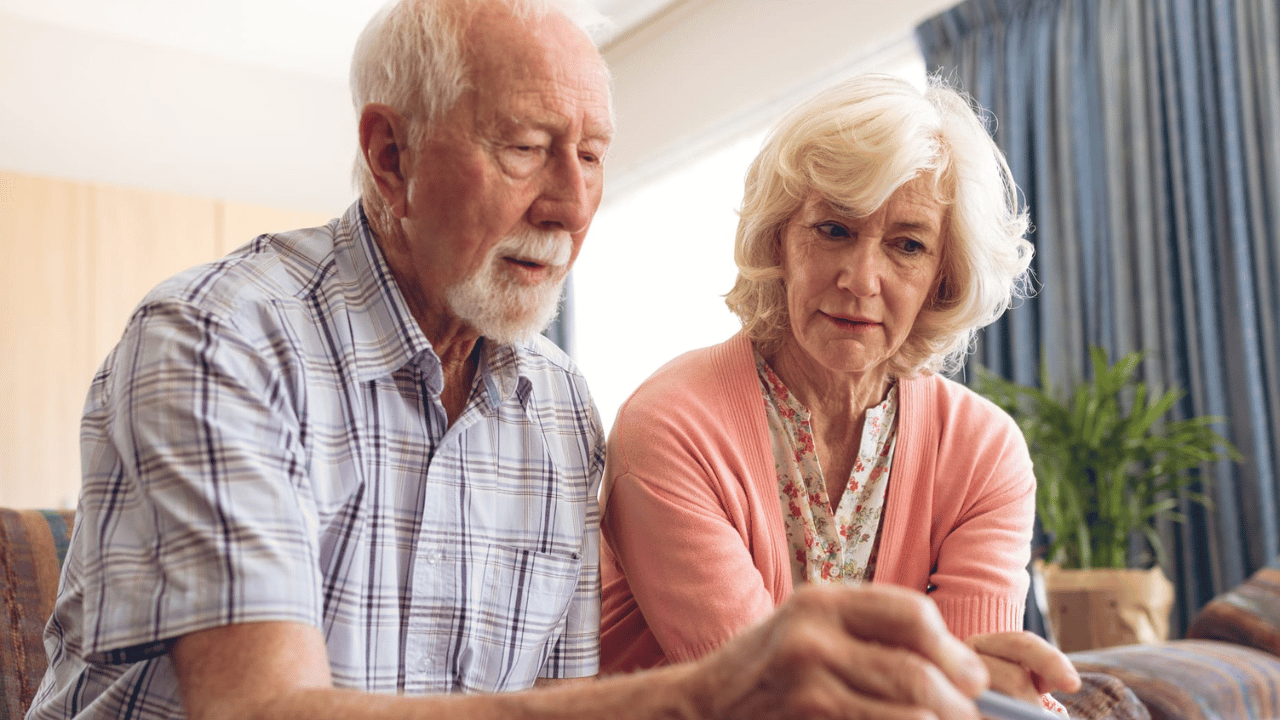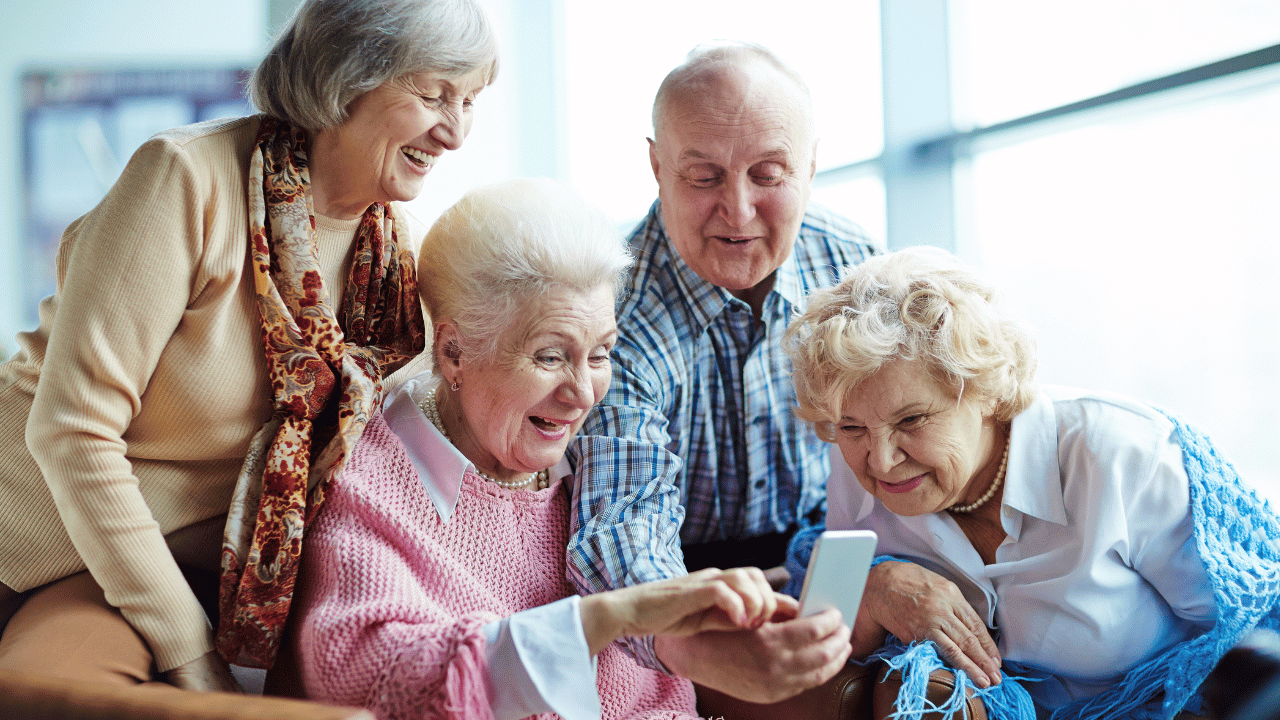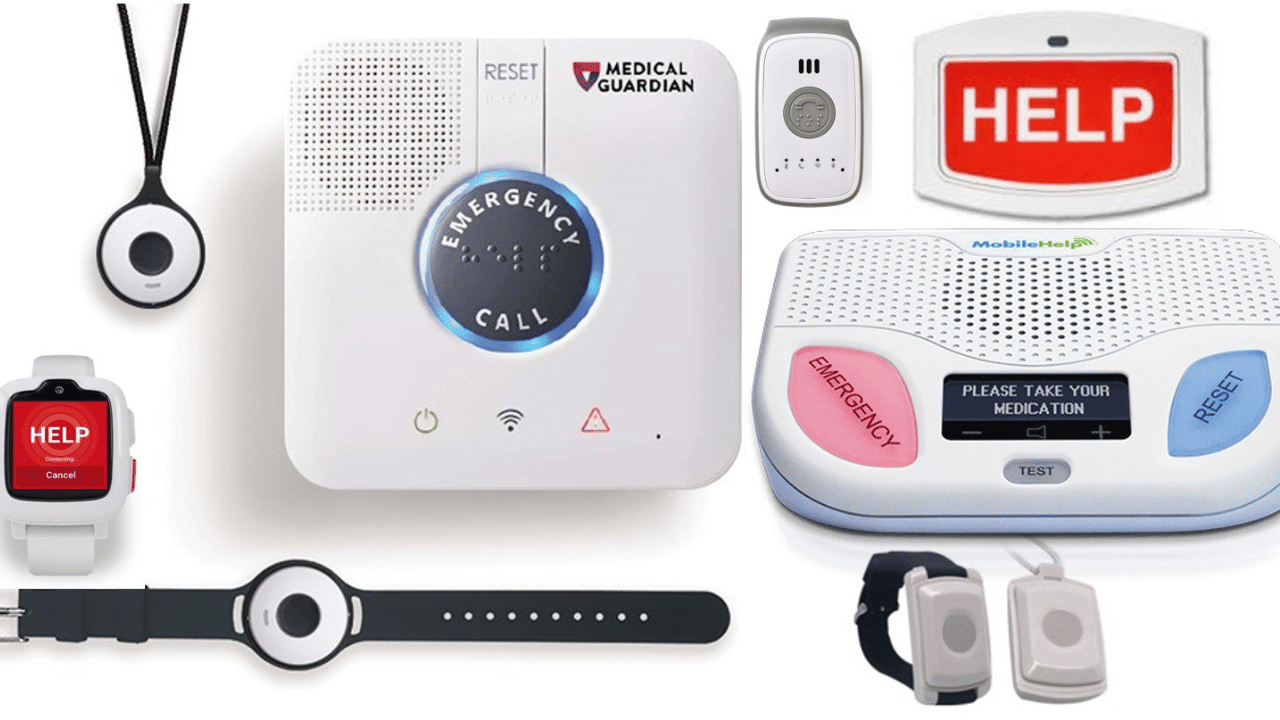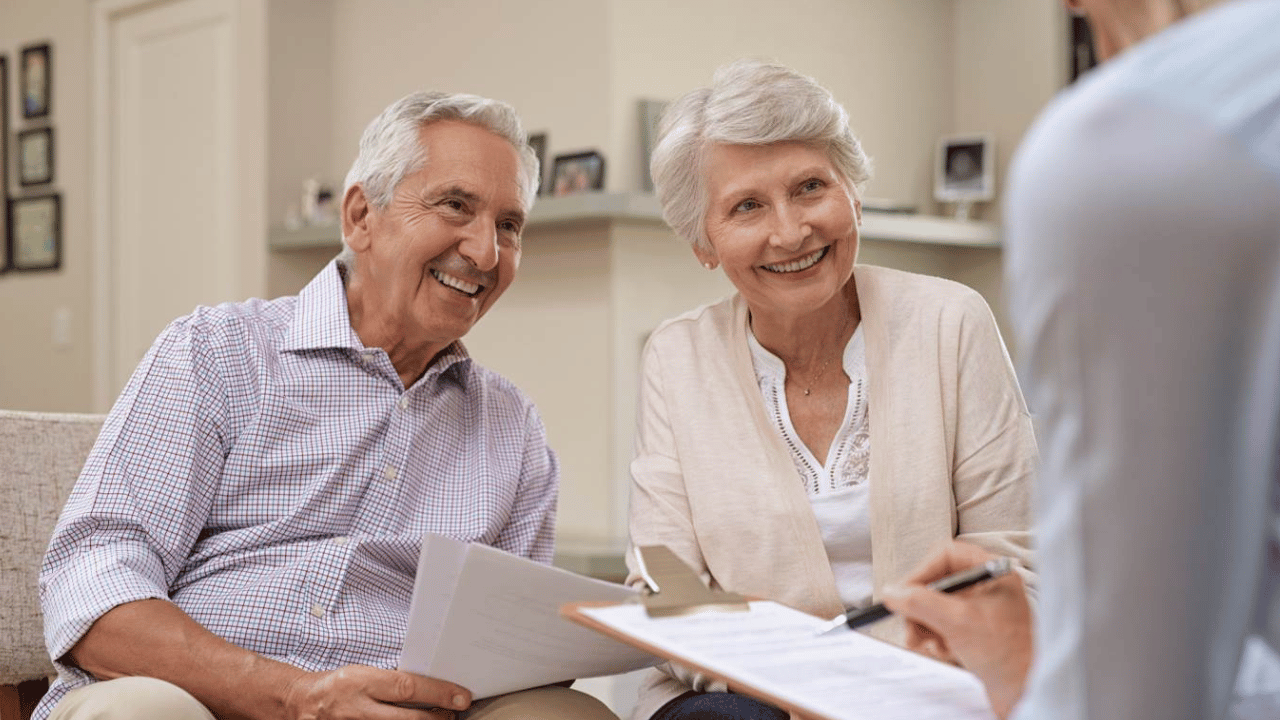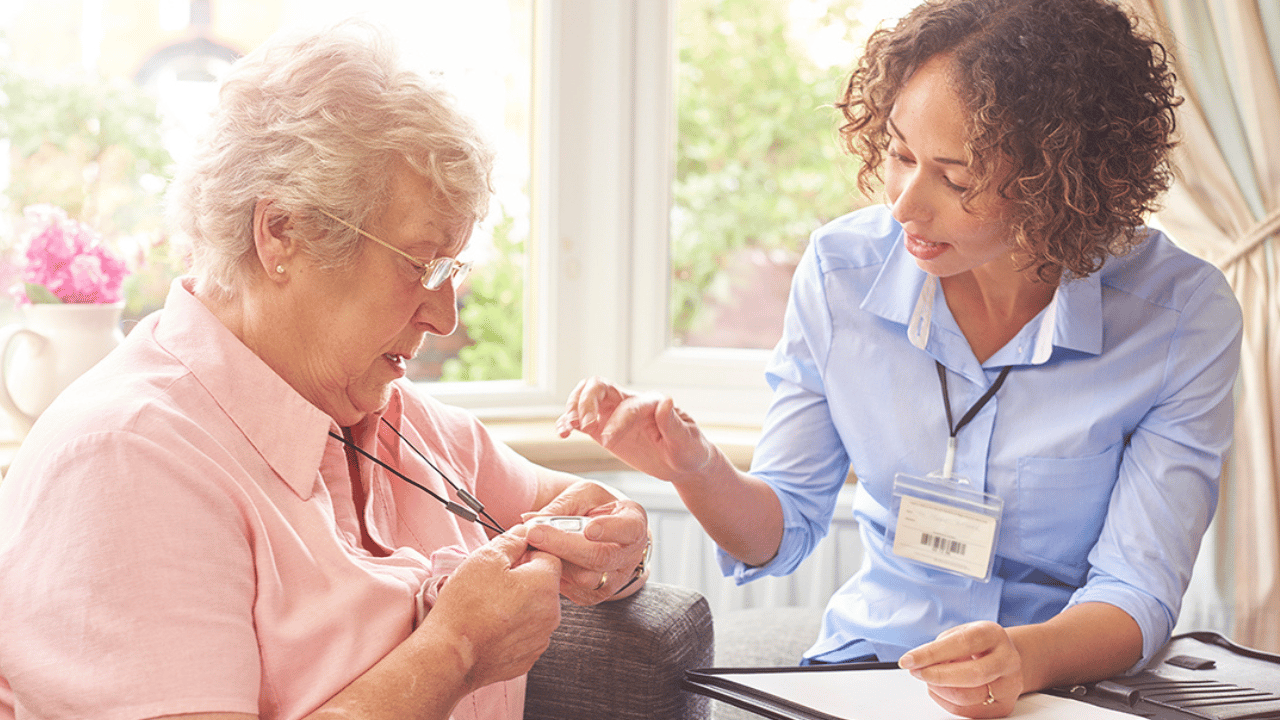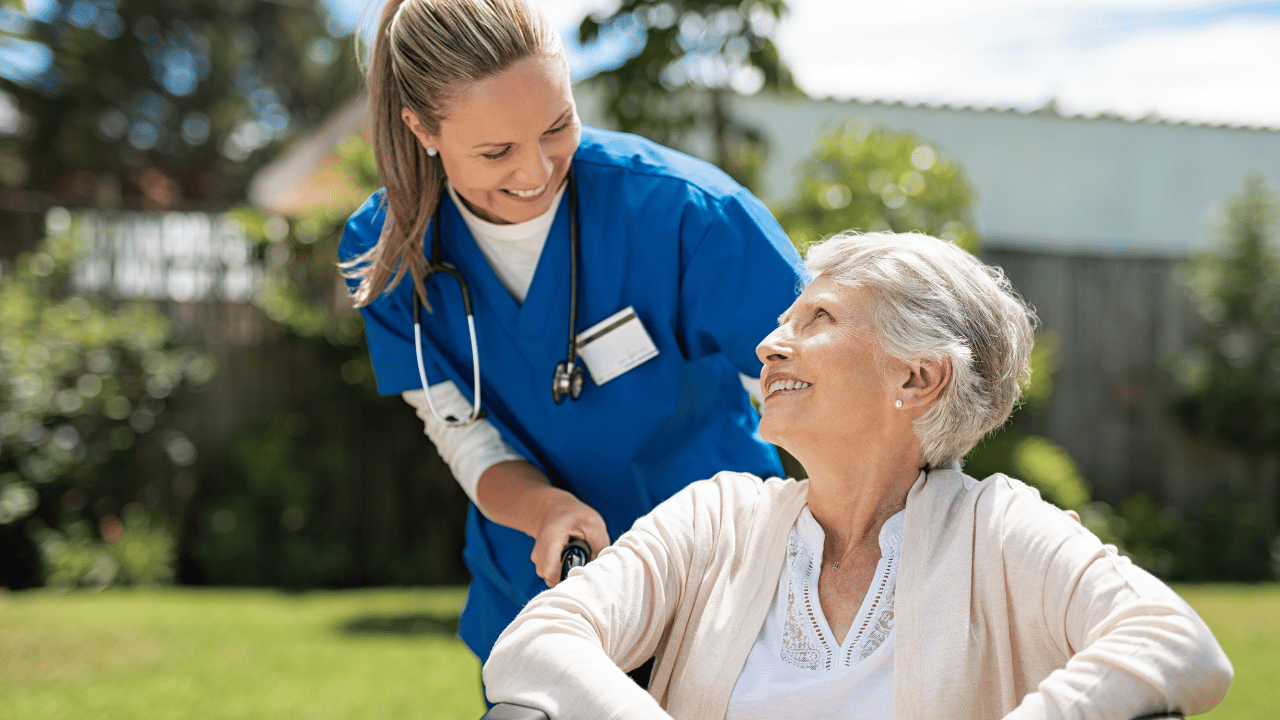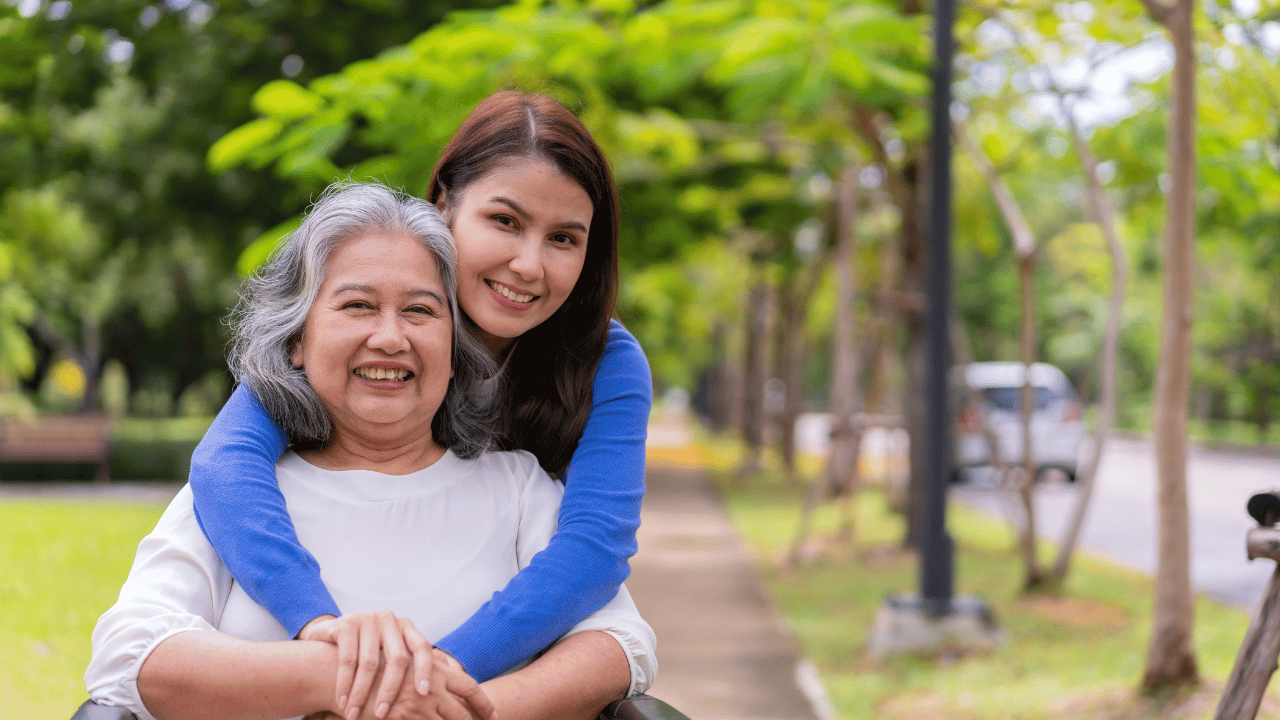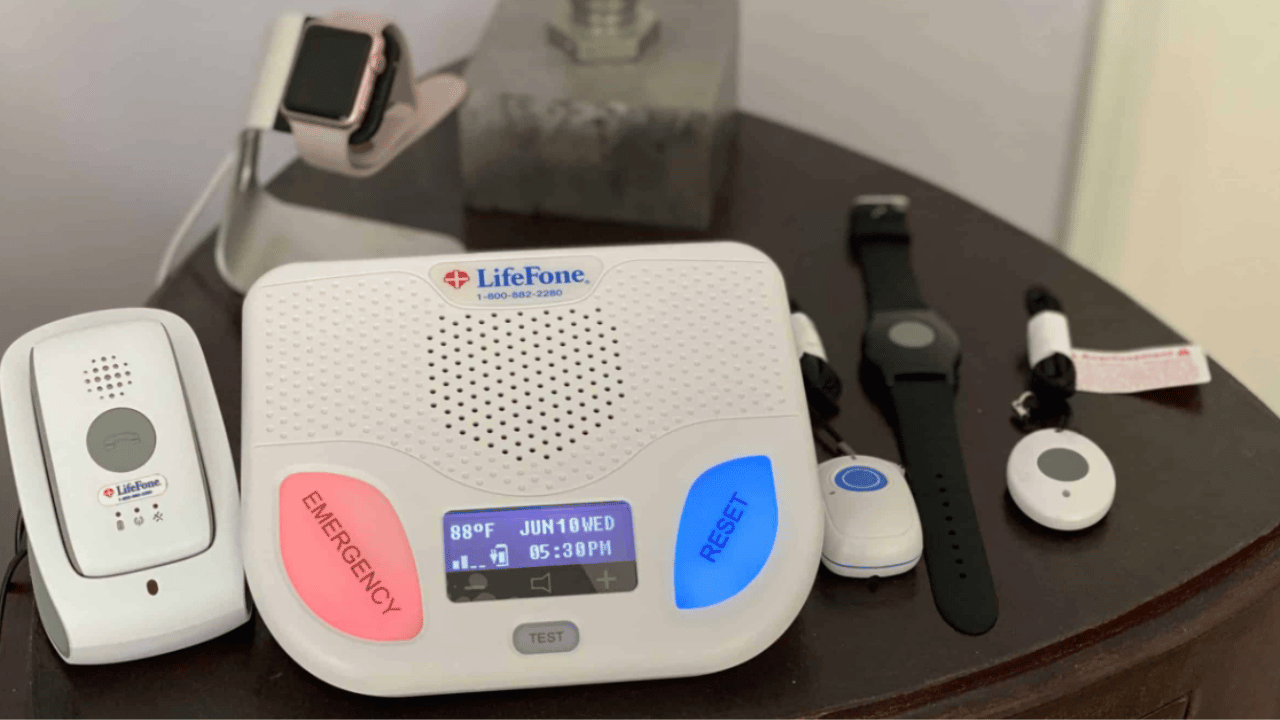Peace of Mind for Caregivers: How Medical Alert Systems Support Family Members
As the responsibilities of caregiving continue to grow, technology is playing a pivotal role in providing support and peace of mind to those caring for their loved ones. One such technology that has become a beacon of reassurance for caregivers is the Medical Alert System. In this blog post, we will explore how these systems contribute to the well-being of both caregivers and their family members, offering a sense of security and peace of mind.
The Role of Caregivers Today
In an era where families are often dispersed across cities or even countries, many find themselves taking on the role of caregiver for aging parents or family members with medical conditions. The emotional and physical toll of caregiving can be overwhelming, leading to stress and burnout. According to the AARP, approximately 53 million Americans are unpaid caregivers, juggling the demands of their own lives with the responsibility of caring for others.
Caregivers face a myriad of challenges, ranging from managing the health of their loved ones to ensuring their safety. One of the biggest concerns is the risk of accidents or emergencies when the caregiver is not present. This fear often leads to stress and anxiety, impacting the overall well-being of both the caregiver and the person receiving care.
How to Medical Alert Systems Help Caregivers
Medical Alert Systems have emerged as a lifeline for caregivers, offering a range of features designed to enhance safety and provide instant assistance in times of need. These systems typically consist of a wearable device equipped with a button that, when pressed, connects the user to a monitoring center staffed by trained professionals.
- 24/7 Monitoring and Support: Caregivers can't be present round the clock, but Medical Alert Systems can. These devices offer 24/7 monitoring and support, providing caregivers with peace of mind knowing that their loved ones have constant access to help, even when they can't be there.
- Location Tracking and Geo-Fencing: Many modern Medical Alert Systems come equipped with GPS technology, allowing caregivers to track the location of their loved ones. Geo-fencing features enable caregivers to set virtual boundaries, receiving alerts if the wearer strays beyond a specified area. This capability is particularly valuable for individuals with conditions like Alzheimer's or dementia.
- Fall Detection Technology: Falls are a significant concern for seniors and individuals with certain medical conditions. Medical Alert Systems with fall detection technology automatically detect falls and send alerts to the monitoring center, even if the wearer is unable to press the button. This rapid response can be critical in cases where immediate intervention is necessary.
- Reducing Caregiver Stress: Knowing that their loved ones have access to help at the touch of a button significantly reduces the stress and anxiety experienced by caregivers. This sense of security allows caregivers to attend to their own needs, preventing burnout and maintaining their overall well-being.
Medical Alert Systems play a vital role in supporting caregivers and providing peace of mind to families. As technology continues to advance, these systems will likely become even more sophisticated, further easing the challenges faced by caregivers.
By embracing such solutions, caregivers can enhance the quality of care provided to their loved ones while ensuring their well-being in the process. The journey of caregiving is undoubtedly challenging, but with the right tools, it can be made more manageable, allowing families to focus on what matters most – the well-being of their loved ones.
Contact us today, our Personal Consultants will assist you with understanding which medical alert is right for you or your loved one.
